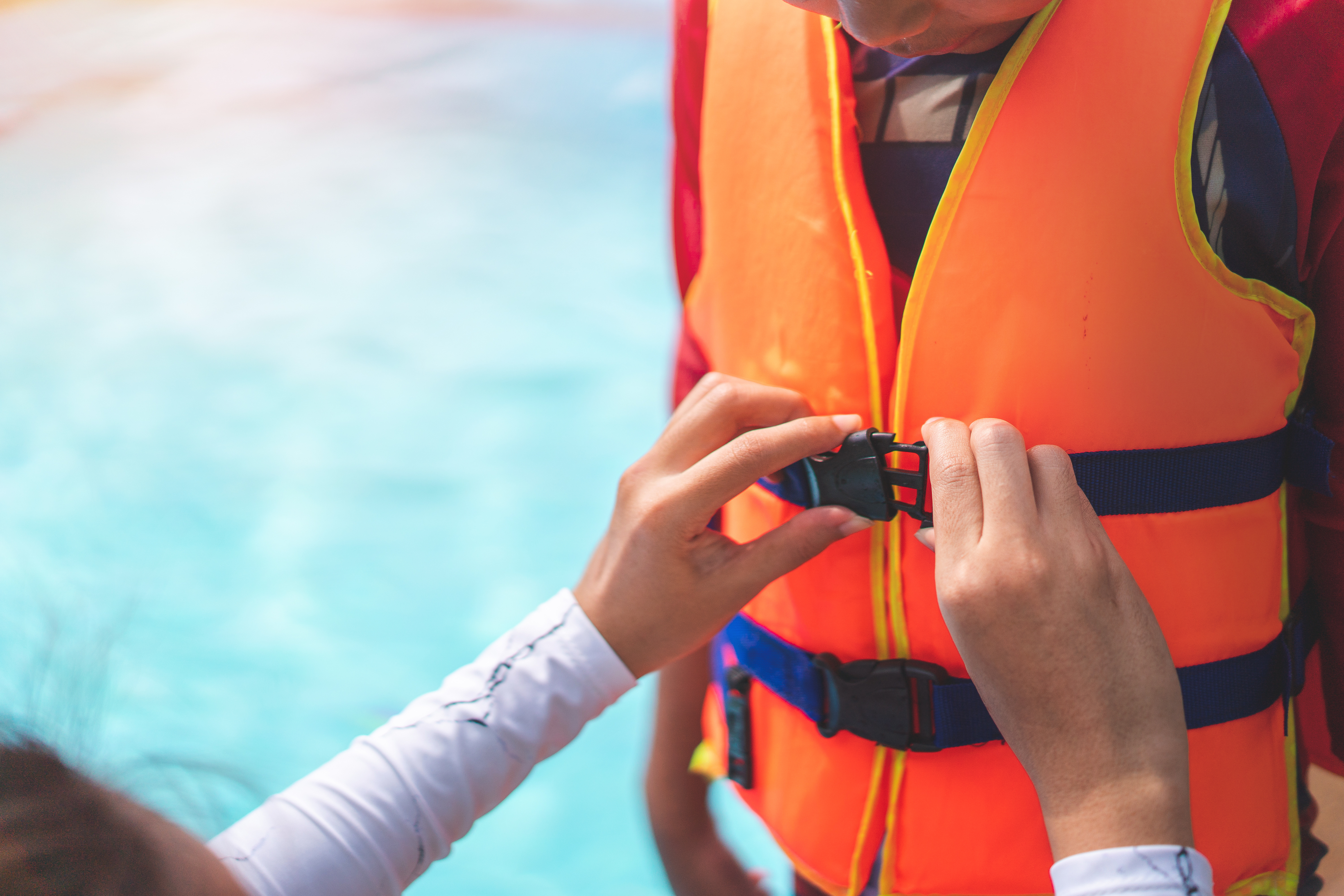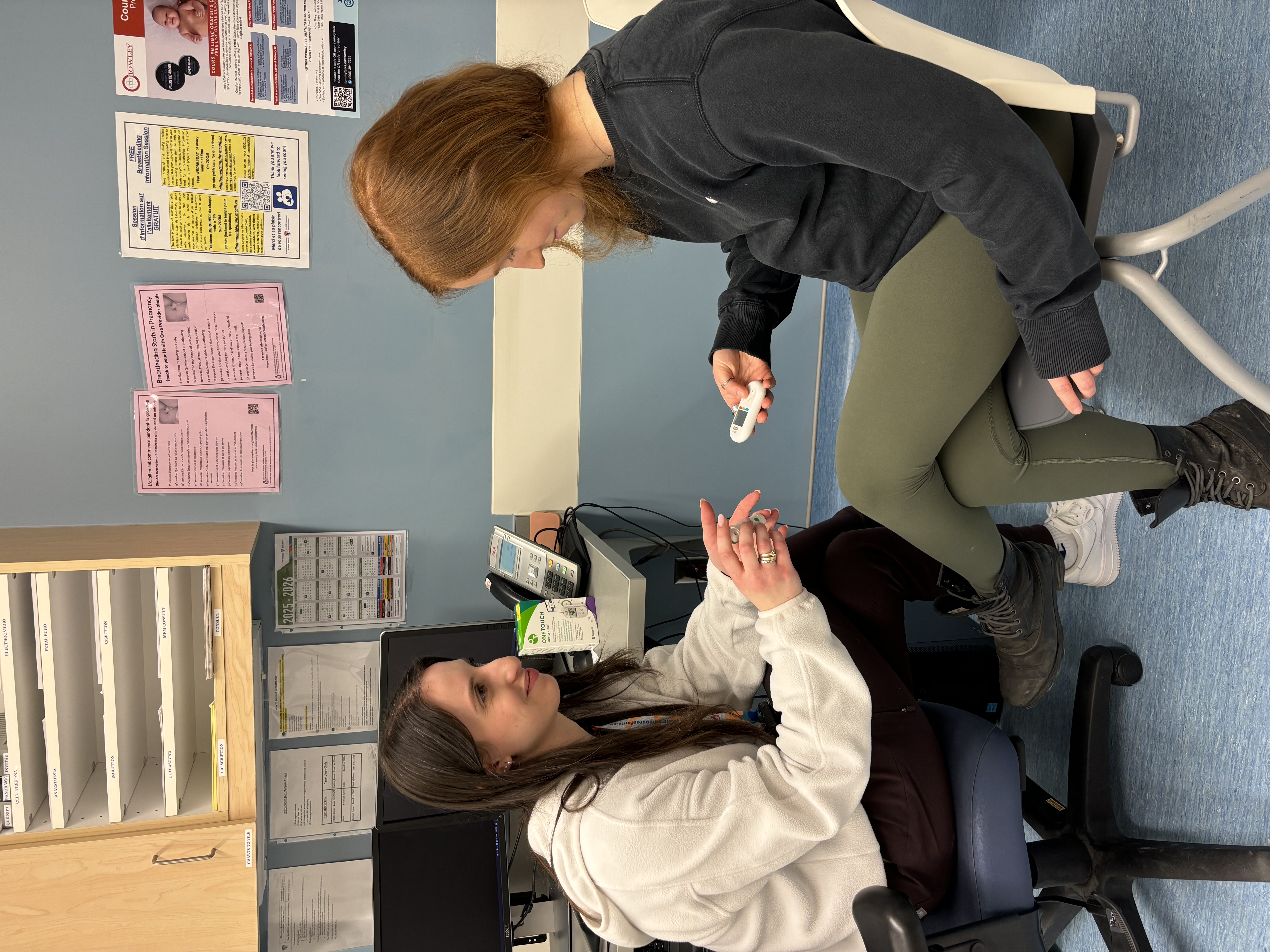

Tips for a safe Spring Break
24 February 2021
This winter only, 181 tobogganing injuries have been reported at the Montreal Children’s Hospital. Outdoor play continues to be a safe and fun way to stay active during the pandemic. Being COVID safe is important, but of equal importance is remembering the fundamentals of preventing a trauma. As spring break approaches, please keep in mind these safety tips from the Montreal Children’s Hospital Trauma Centre’s Injury Prevention Program:
Outdoor winter play
- Dress warm and in layers and change wet clothing quickly to avoid frostbite
- Remove any and all drawstrings and use a neck warmer instead of a scarf to avoid risk of strangulation.
- Avoid playing near roads or when the snowplows are out
- Be extra-cautious when crossing the road – cars may have difficulty stopping on slippery roads and visibility is often diminished
- Avoid aiming snowballs at people or cars, especially when the snow is hard packed or icy
- Forts and tunnels should be built with adult supervision – they can collapse and suffocate a child who is caught inside
Outdoor skating
- Wear a CSA approved helmet
- Ice should be at least 20 cm thick for safe outdoor skating
Skiing/snowboarding
- Always wear a properly fitted helmet
- Ski or snowboard on slopes appropriate for your skill level
- Enroll your children in lessons if possible
Tobogganing safety tips
- Wear a helmet (winter sport helmets are preferred)
- Choose designated hills with a gentle slope
- Make sure that there are no obstacles along the path like benches, trees, frozen bails of hay or metal fences
- The bottom of the run should have a large open flat space for the toboggan to come to a stop on its own
- Clear away from the path as soon as your run is over
- Never toboggan towards the street
Preventing CO poisoning
- Always clear the exhaust pipe of a car before starting the car
- Do not allow anyone to sit in an idling car while shoveling it out of the snow
A beautiful family outdoor day should never end in the emergency room of a Trauma Centre.









